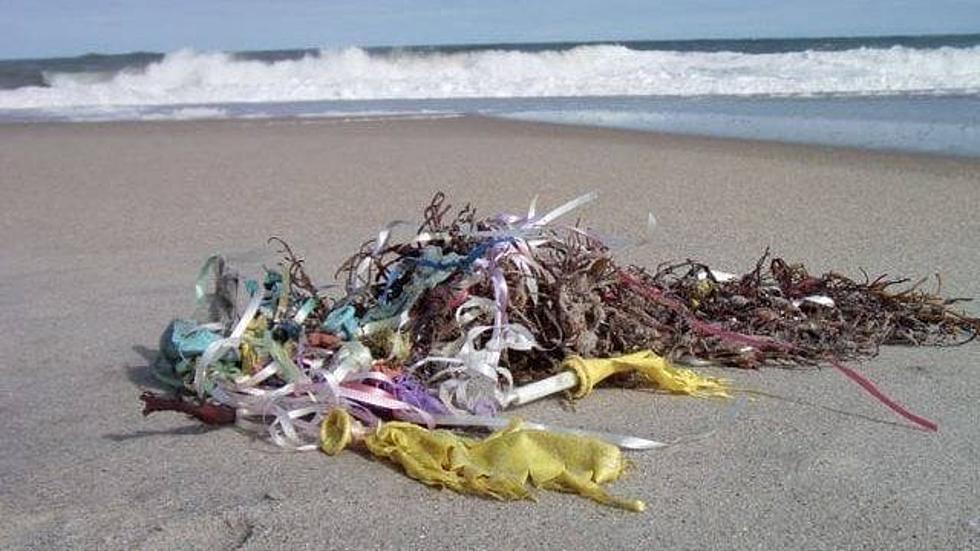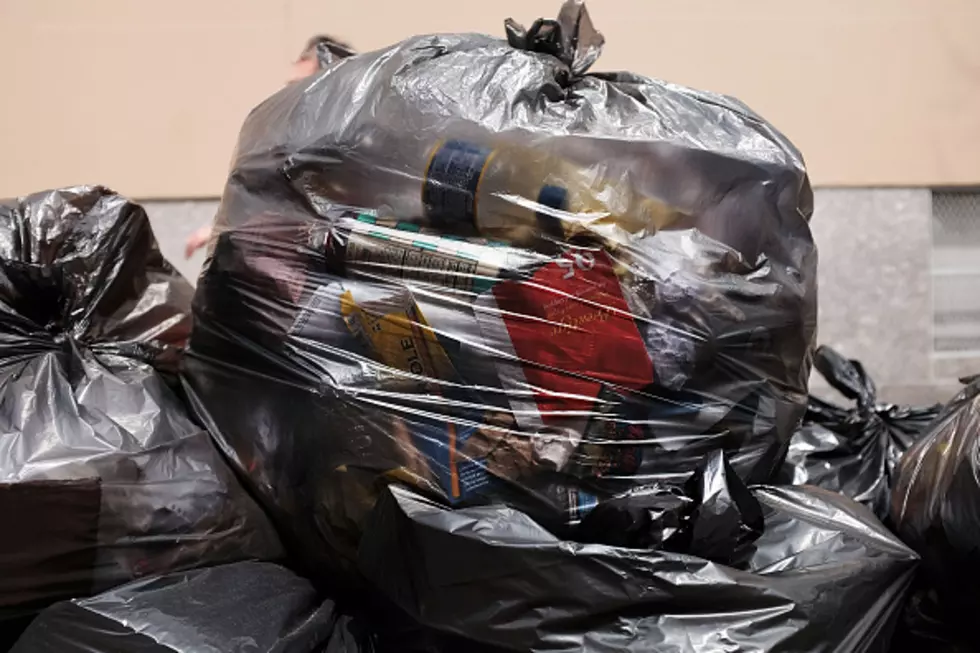![How Much Food Do Americans Throw Away? [AUDIO]](http://townsquare.media/site/385/files/2012/08/Trash1.jpg?w=980&q=75)
How Much Food Do Americans Throw Away? [AUDIO]
Americans throw away about forty percent of their food, which amounts to $165 billion a year in waste.
That's according to a report by the Natural Resources Defense Council which finds that the amount of food wasted is taking a toll on the country's water resources and is increasing greenhouse gas emissions. Food production accounts for 80 percent of the country's fresh water consumption, but the waste of food means 25 percent of the fresh water is actually wasted.
Wasted food rotting in landfills accounts for 25 percent of U.S. methane emissions.
According to the report, more than 20 pounds of food is wasted each month.
"Imagine going to the grocery store, walking out with three bags, dropping one in the parking lot and never bothering to pick it up. That's essentially what we're doing," said Dana Gunders, project scientist with the Natural Resources Defense Council. "It's happening everywhere, from the farm to the supermarkets and restaurants to our own homes."
On farms, particularly with fresh produce, when prices are too low, farmers can't afford to harvest the products because they won't even recover their cost.
"Sometimes whole fields of produce go unharvested. In restaurants, the average serving is somewhere between two to eight times more than the government recommended serving size," said Gunders. "In our own homes, it's everything from the lettuce that spoils in the fridge to the potatoes that you cooked three weeks ago that you never got around to eating. In supermarkets, particularly in the produce section, they pile it very high to make it look abundant in hopes that they will sell more. Then, the products at the bottom of the pile wind up going bad."
The waste adds up.
"For the average family of four, this is costing up to $2,200 a year all spent on food that never gets eaten," said Gunders.
Gunders recommends more frequent trips to the supermarket to prevent foods from spoiling. "It would also help if we ate our leftovers or went to the refrigerator before cooking dinner to see if there's something in there that we can use so it won't go to waste. It's also important to learn about expiration dates on food. Just because a food is dated doesn't necessarily mean that it isn't safe to eat anymore. They are just manufacturers suggestions for the best quality of the food. It's often good to eat much longer than the expiration dates," said Gunders.
More From New Jersey 101.5 FM









